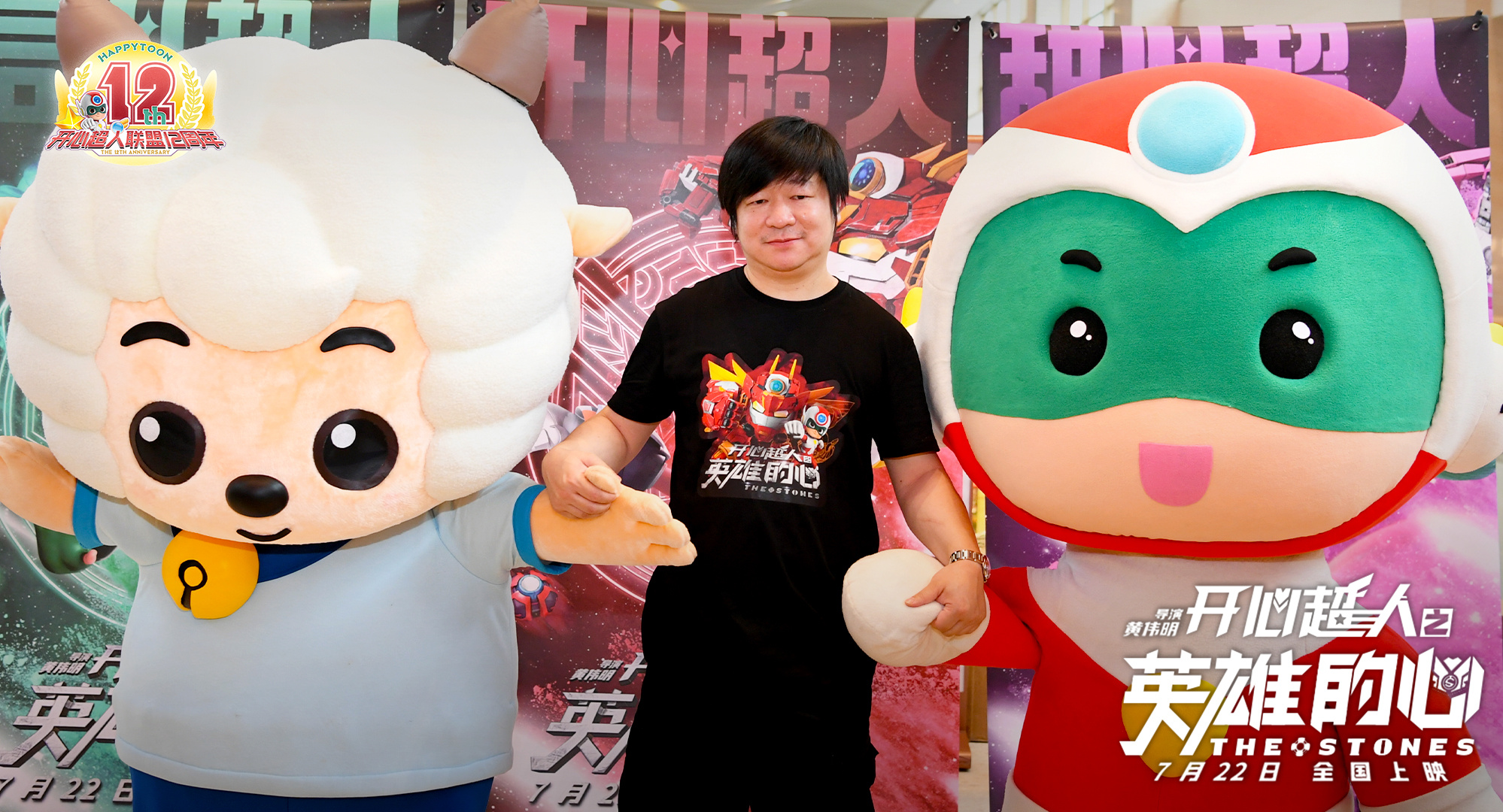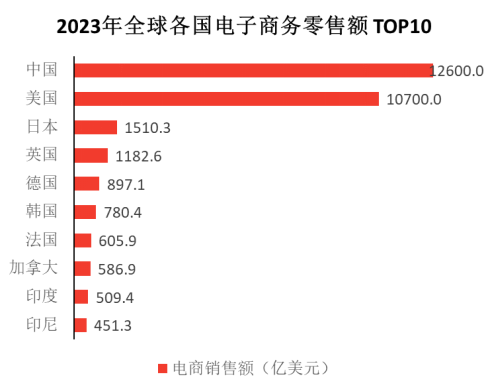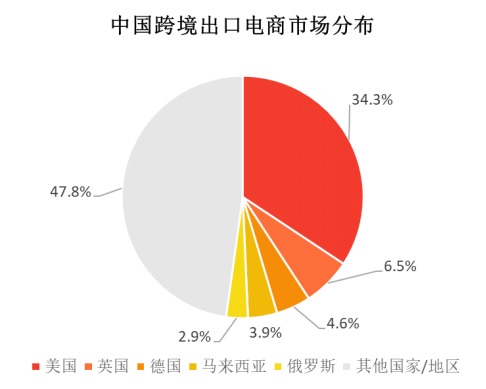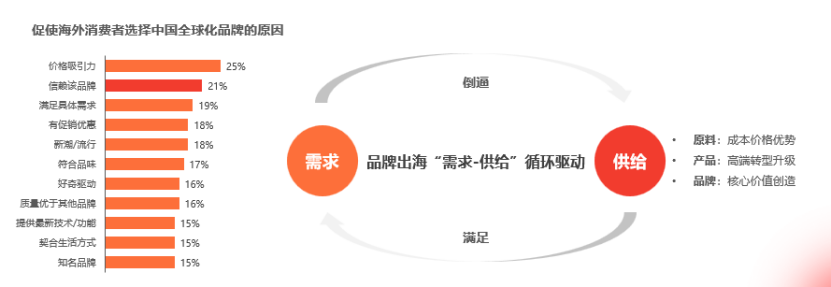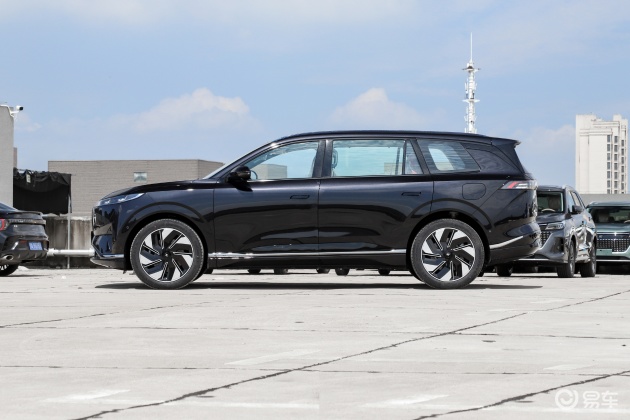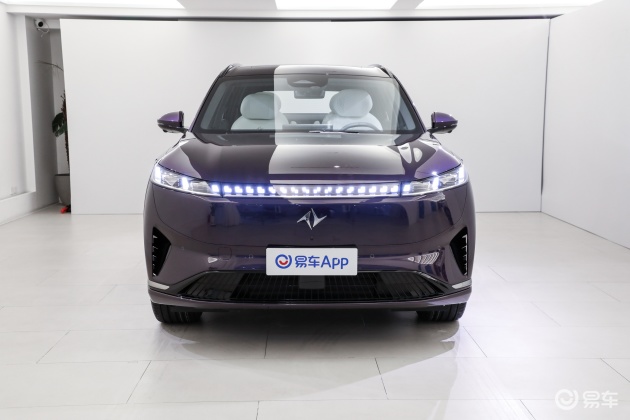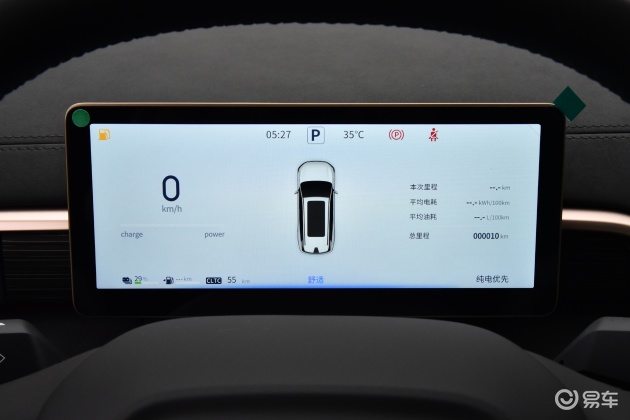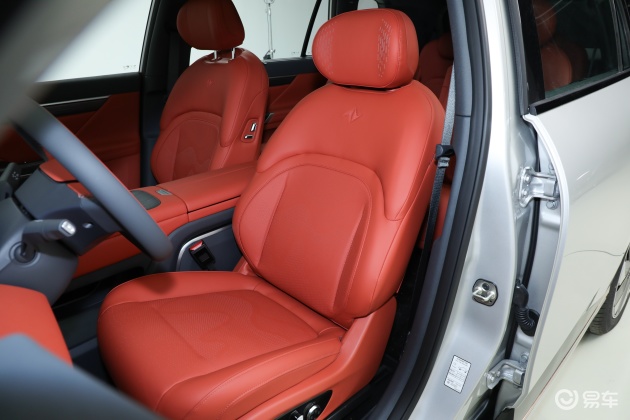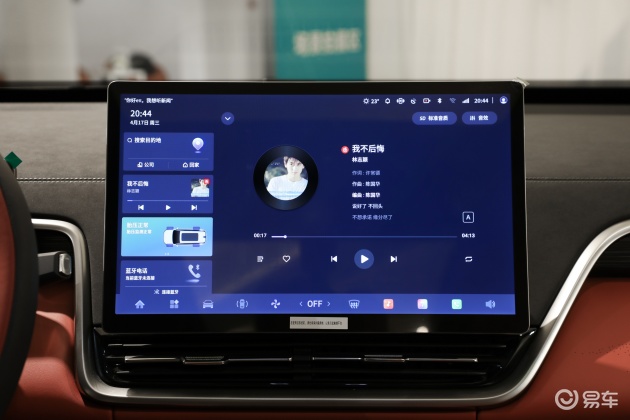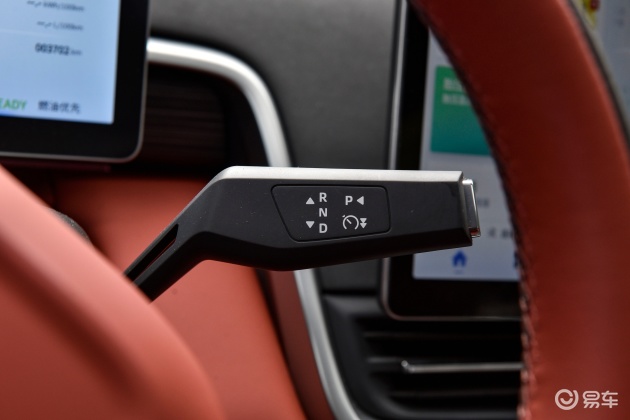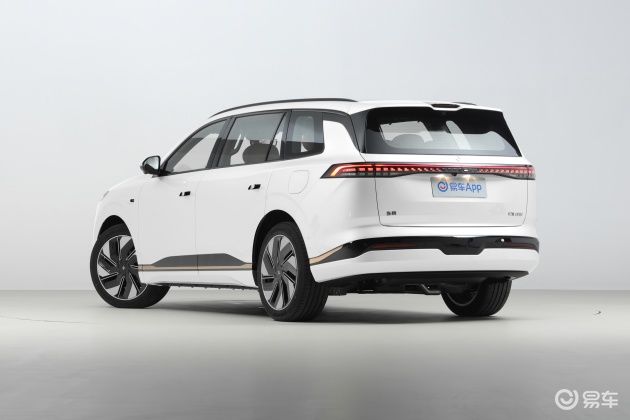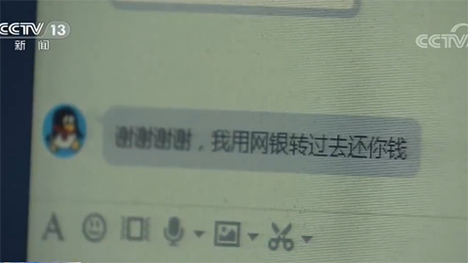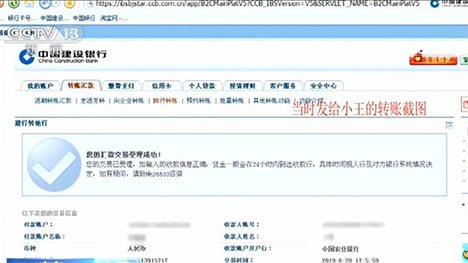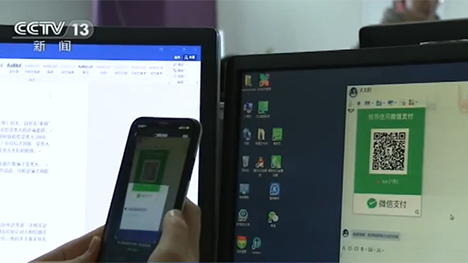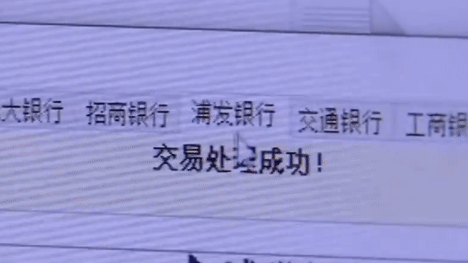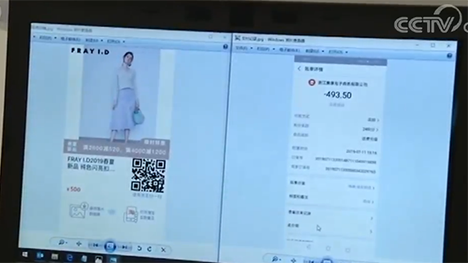During the two sessions of the National People’s Congress this year, General Secretary of the Supreme Leader pointed out when attending the deliberation of the Jiangsu delegation: "Perfect implementation ‘ Two unwavering ’ The institutional mechanism supports the development and growth of the private economy and private enterprises, and stimulates the endogenous motivation and innovation vitality of various business entities. "
Business entities are the main participants in China’s economic activities, the main providers of employment opportunities and the main promoters of technological progress. Focusing on "stimulating the vitality of various business entities", this year’s "Government Work Report" has deployed a series of key tasks: in-depth implementation of the reform and upgrading of state-owned enterprises, and full implementation of the opinions and supporting measures to promote the development and growth of the private economy … … The policy continued to be strengthened, and the business entities were full of horsepower.
"Continue to focus on innovation, dare to do it and dare to vote." Wang Chuanfu, Chairman and President of BYD Co., Ltd., introduced that this year, BYD made great efforts in vehicle intelligence and accelerated the efficient integration of electrification and intelligence of new energy vehicles.
"Policies boost confidence and plan development with peace of mind." Lu Qian, vice president of Aauto Quicker Science and Technology Co., Ltd. said that the total transaction volume of e-commerce commodities in Aauto Quicker has exceeded one trillion yuan, and we should better grasp the new opportunities of digital consumption in the future.
"Make long-term strategic planning and actively participate in international competition." Quan Gang, president of Beijing Stone Century Technology Co., Ltd. said that smart products such as sweepers are deeply loved by overseas consumers and will continue to expand overseas markets.
Macro-policy space is wide, helping enterprises to tide over difficulties and grow steadily.
General Secretary of the Supreme Leader pointed out: "There should be more policies that are conducive to stable expectations, steady growth and stable employment."
Since the beginning of this year, the market demand has continued to recover, and business entities have felt the continuous policy temperature while perceiving the market heat.
The "Government Work Report" puts forward: "Implement the structural tax reduction and fee reduction policy and focus on supporting scientific and technological innovation and manufacturing development." "The cost of promoting comprehensive social financing has declined steadily." "Optimize supporting measures such as financing credit enhancement, risk sharing and information sharing to better meet the financing needs of small and medium-sized enterprises."
Fiscal policy improves quality and efficiency, allowing enterprises to go into battle lightly.
Enjoy R&D expenses plus deduction of about 11.96 million yuan; Enjoy the preferential enterprise income tax policy, and reduce the tax by 15,622,600 yuan … … In March, Pan Yifeng, general manager of Guangzhou Zhongke Yuntu Intelligent Technology Co., Ltd. received a list of taxes and fees sent by Yuexiu District Taxation Bureau of Guangzhou City, State Taxation Administration of The People’s Republic of China. "We will invest the tax relief funds in the research and development of UAV application systems and install smarter drones. ‘ Brain ’ 。”
Last year, China’s new tax and fee concessions exceeded 2.2 trillion yuan. "There are many preferential tax and fee policies with wide coverage and long duration, which warms people’s hearts and boosts confidence." He Yang, deputy dean of the School of Finance and Taxation of the Central University of Finance and Economics, said that this year’s policy focuses on key areas and key links, which is conducive to further promoting high-quality development.
Monetary policy is accurate and effective, sowing "timely rain" for enterprises.
Yan Mingji, the head of Zhejiang Yuhuan Mingji Metal Material Co., Ltd., recently got a loan of 1.5 million yuan. "Corporate funds were once difficult to turn around. Without collateral and guarantors, it was not easy to get a loan." Yan Mingji said.
The staff of Yuhuan Yongxing Village Bank came to solve the problem and cooperated with Taizhou Xinbao Fund Financing Guarantee Co., Ltd., focusing on solving the problem of insufficient credit of non-loan households and finding a guarantor for the enterprise. Yan Mingji, who got the working capital, soon accepted a big order of 5 million yuan.
The People’s Bank of China lowered the RRR by 0.5 percentage point, and lowered the interest rate of refinancing and rediscounting for supporting agriculture by 0.25 percentage point & HELIP; … This year, the monetary policy continued to play the dual functions of aggregate and structure, providing sufficient funds and living water for the development of business entities, while accurately drip irrigation for small and medium-sized enterprises.
All kinds of policies work together in the same direction to help enterprises seek development.
Recently, Dezhou Taiding New Materials Technology Co., Ltd. has had frequent good news: 200,000 yuan of subsidy for job stabilization "arrived in seconds" and 2 million yuan of incentive funds for enterprise scale improvement "came to the door" … … "Shandong Pingyuan County People’s Social Security Bureau, Industry and Information Bureau and Examination and Approval Service Bureau jointly sent policies to provide combined support." Wang Lianshui, chairman of the company, said.
The Government Work Report proposes to "enhance the consistency of macro-policy orientation" and "strengthen the coordination and cooperation of fiscal, monetary, employment, industrial, regional, scientific and technological, environmental protection and other policies". With the implementation of the policy document evaluation mechanism, the synergy of various policies has been significantly improved, and more business entities have felt the overlapping effectiveness of policies.
"This year, some new measures will be taken to optimize the reserves. These incremental measures and stock policies will be superimposed to protect the stable operation of the economy." Kang Yi, Party Secretary and Director of the National Bureau of Statistics, said that at present, China’s government debt level and inflation rate are both low, so there are conditions and space for implementing macro policies.
There are many dividends in reform and opening up, and the business environment continues to be optimized.
General Secretary of the Supreme Leader pointed out: "To promote Chinese modernization, we must further comprehensively deepen reform and opening up, constantly liberate and develop social productive forces, and liberate and enhance social vitality."
The basic system of market economy has been continuously improved, the construction of a unified national market has been accelerated, and the layout of the Pilot Free Trade Zone has been optimized … … Since the beginning of the year, all localities and departments have continued to deepen reform and opening up, removing "fences" and cultivating "soil" to stimulate the vitality of various business entities with greater efforts.
The Government Work Report puts forward: "State-owned enterprises, private enterprises and foreign-funded enterprises are all important forces in modernization. We should constantly improve and implement ‘ Two unwavering ’ The system and mechanism create a good environment for fair competition and competitive development for enterprises of all types of ownership. "
Deepen the reform of state-owned enterprises and let them dare to do it.
On March 2nd, the first nuclear fuel loading of Unit 4 of CGNPC Fangchenggang Nuclear Power Station in Guangxi coastal Beibu Gulf was successful, and it entered the commissioning stage with nuclear power.
"The domestic and intelligent nuclear power construction goes hand in hand, and we pioneered the modular hoisting technology of nuclear island steel lining of nuclear power plant to fill the domestic technical gap." Liu Tianjun, Secretary of the Party Committee and Chairman of the Nuclear Power Construction Branch of China Construction Second Bureau, introduced that China Construction Second Bureau deepened the scientific research organization mode such as "horse racing mechanism" and "unveiling the list" and enhanced its core competitiveness by accelerating original technical research.
This year, the deepening and upgrading of the reform of state-owned enterprises has been carried out in depth, and deepening reforms have been carried out in optimizing the allocation of resources, improving institutional mechanisms, and improving institutional guarantees, encouraging state-owned enterprises to focus on the "big country" and focus on the needs of the country and be a "pillar".
Strengthen fair competition and let private enterprises dare to break in.
Nearly 300 workers race against time for construction, and welding sparks echo the sound of steel cutting. Recently, the construction site of stem cell research and development center of Sanjiang Holding Group Co., Ltd. in Xiaoshan District, Hangzhou, Zhejiang Province is in full swing.
"The project is expected to be put into use in September." Sun Guoxiang, the chairman of the company, said that the whole process from land bidding, auction and auction to project construction was open and transparent. Xiaoshan District fully gave private enterprises equal opportunities to participate, and also provided one-stop services such as deputy agency to press the "acceleration button" for project construction.
The fair competition review regulations have been accelerated, the anti-unfair competition law has been accelerated, and the national key private investment project library has been continuously enriched … … Liu Sushe, deputy director of the National Development and Reform Commission, said that as of February 29 this year, there were 1,612 projects attracting private capital, with a total investment of more than 2 trillion yuan. "With the implementation of the series of policies, private investment increased by 0.4% from January to February, and the growth rate turned from negative to positive, showing a good development trend."
Open wider to the outside world and let foreign companies dare to invest.
Walking into the filling workshop of Yihai Kerry (Qingdao) Food Industrial Park, a Singaporean enterprise located in jiaozhou city, Shandong Province, the fragrance was everywhere, and sesame oil and peanut oil were squeezed and filled off the assembly line in an orderly manner.
"From the initial planned investment of 300 million US dollars to the current investment of 1.8 billion US dollars in three phases." Xu Yongjun, general manager of Yihai Kerry (Qingdao) Food Industrial Park, said that JIAOZHOU has provided a series of preferential policies in international logistics, modern trade and two-way investment, which gives enterprises the confidence to continuously increase capital and expand production. At present, the second phase of the project has started.
Reasonably reduce the negative list of foreign investment access, and expand the list of industries and foreign investment projects that encourage foreign investment … … In March, the "Action Plan for Firmly Promoting High-level Opening-up and Greater Attraction and Utilization of Foreign Capital" was issued, and the door was opened wider and wider. In the first two months of this year, 7160 foreign-invested enterprises were newly established nationwide, up 34.9% year-on-year. Foreign-invested enterprises expressed their confidence in developing in China with practical actions.
Breaking barriers and filling shortcomings, the reform and opening-up dividend continued to be released, and the business entities were promoted to improve quality and expand capacity. In 2023, the number of newly established business entities in China reached 32.727 million, a year-on-year increase of 12.6%, of which "four new economies" enterprises accounted for 39.4%.
High-quality development is full of vitality and accelerate the development of new quality productivity.
From January to February this year, investment in high-tech industries increased by 9.4% year-on-year, and investment in technological transformation of manufacturing industry increased by 15.1%. All kinds of business entities use the policy red envelope to run on the new track with high quality development.
In March, General Secretary of the Supreme Leader pointed out during his inspection in Hunan: "Strengthen the dominant position of scientific and technological innovation of enterprises, promote the deep integration of capital chain and talent chain in innovation chain industrial chain, and accelerate the transformation of scientific and technological achievements into real productive forces."
The "Government Work Report" puts forward: "Vigorously promote the construction of a modern industrial system and accelerate the development of new quality productive forces."
March towards "new" and the industry will grow sturdily in the future.
"You have a new routine check task." Wearing the 5G industrial AR smart glasses developed by Hangzhou Lingban Technology Co., Ltd., nuclear power workers can query the structure and operation and maintenance records of the equipment to be inspected in real time, and complete the spot inspection through gestures.
Yuhang District, Hangzhou, where Lingban Technology is located, is accelerating the construction of an artificial intelligence town. By providing various research and development platforms and entrepreneurial policies, it supports the growth of more than 1,000 innovative projects in the fields of artificial intelligence and quantum information.
Improve financial and taxation support policies and guide local governments to set up special funds for future industries … … At the beginning of this year, seven departments, including the Ministry of Industry and Information Technology, issued opinions to jointly lay out future industries and plant fertile soil for innovation.
Climb to "high" and accelerate the upgrading of traditional formats.
Using the digital factory integrated application system, the production of Shandong Haitun CNC Equipment Co., Ltd. has taken on a new look. "The production efficiency under the traditional mode is close to the limit, and the expansion of workers and the increase of shifts have little effect." Ding Xingkuan, the person in charge of the company, said that now the company’s 15 businesses are intelligent, the order delivery rate has increased by 50%, and the production efficiency has increased by 40%.
Vigorously promote the transformation of enterprises’ intelligence from digital to network, cultivate and promote the application of new models and new scenes in the traditional manufacturing field … … With the help of policies, traditional industries have taken advantage of the "number" and driven the "cloud" butterfly change. More than 400 national-level intelligent manufacturing demonstration factories, more than 10,000 provincial-level digital workshops and intelligent factories have sprung up, and the modern industrial system has been accelerated.
Going "green", there is a broad space for low-carbon development.
Entering Zhejiang Jingyuan Optoelectronic Technology Co., Ltd., more than 100 workers are busy in more than 200 production lines in the factory building; Outside the factory building, the staff of State Grid Ningbo Power Supply Company are expanding transformers for the enterprise to undertake the rapid growth of photovoltaic production capacity.
"The orders received this year have been scheduled for 2026." Hu Xiaogang, the company’s manufacturing director, said that the company has just obtained a project loan of more than 5 million yuan in pv ribbon, and will start to increase production at full capacity.
New quality productivity itself is green productivity. The fiscal, taxation, financial and investment policies and related market mechanisms supporting green development have been continuously improved, and the green development momentum in various places is more sufficient: Jiangsu explores the construction of a zero-carbon factory, Hubei actively develops the green smart ship industry, and Anhui strengthens the promotion of new energy vehicles … …
This year marks the 75th anniversary of the founding of New China, and it is a crucial year to realize the objectives and tasks of the 14th Five-Year Plan. Under the strong leadership of the CPC Central Committee with the Supreme Leader as the core and under the guidance of the Supreme Leader’s Socialism with Chinese characteristics Thought in the New Era, the majority of business entities will be able to continuously achieve new achievements in high-quality development and make new and greater contributions to Chinese modernization.


